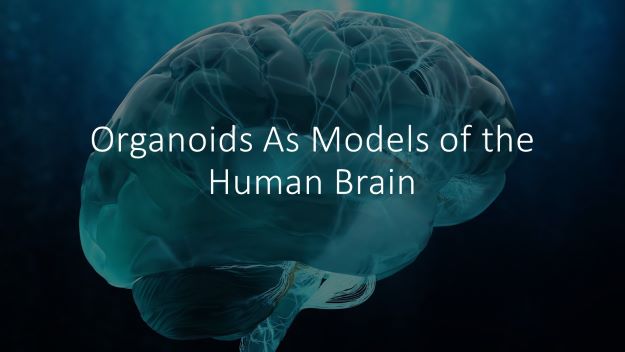The successful transplantation of human brain cells into a rodent's brain has made it possible for scientists to study the complex brain circuits and psychiatric disorders. The cells, known as organoids, are smaller than neurons grown in vitro. Researchers study these organoids to see how they integrate with the rodent's natural circuits.
Scientists have successfully implanted and integrated human brain cells into young rats' brains
In an exciting breakthrough, scientists have successfully implanted and integrated human brain tissue into the brains of young rats. The transplanted human cells did not cause any problems and were found to have no negative side effects. While this is an impressive accomplishment, it may not be the end of the story for humans.
The transplanted human neurons successfully teamed up with the rat's vascular system, which provides oxygen and nutrients to neurons. The scientists then performed an experiment to test how the human neurons reacted to external stimuli. They found that the implanted human neuron produced electrical activity when air passed across the rats' whiskers. This result suggests that the human neurons could influence the rat's behavior.
Organoids are smaller than neurons grown in vitro
Organoids, or cell cultures, are a relatively new technology. These small cultures of neurons have been used in the past to model aspects of human neocortical biology, including a variety of diseases. Organoids are particularly useful in studying infectious and genetic diseases of the brain. They can also be used to discover potential therapeutic reagents.
Organoids are similar to neurons in size and complexity, although they contain fewer neurons. Their cell lineage network is based on the same gene network as neurons grown in vivo. The cell lineage network for organoids and neurons is largely constant, except for variations in cell states during neurogenesis.
They integrate with rodents' own circuits
The rat-human hybrid brains are a ground-breaking advancement, offering new opportunities to study neurological disorders and raising ethical questions. These miniature human-brain-like structures can respond to environmental cues, allowing researchers to test therapies for disorders of the human brain. These brains were developed with the aim of studying the development and function of brain circuitry, including those that control behaviors and processes sensations.
The research involved genetically engineering human neurons and integrating them into the brain circuits of rats. The cells grew six-fold longer than those in petri dishes and were just as active as those in humans. They were able to send signals to nearby neurons and to distant ones, triggering the same responses in the rat brain.
They study complex psychiatric disorders
Scientists have successfully implanted and integrated a cluster of human brain cells into the brain of a newborn rat, an effort that could help them develop treatments for neuropsychiatric disorders. The goal of such experiments is to better understand complex psychiatric disorders and the mechanisms that drive them, and to develop new treatments to treat them. This new research method could be a game changer in psychiatric treatment.
The success of the experiment is promising because scientists can build pieces of human brain tissue using stem cells grown in petri dishes. They have already done this with more than a dozen brain regions. But these experiments are challenging.
They could aid early testing of drugs
Research teams have developed a technique for growing brain organoids from human stem cells. These organoids are tiny models of the human brain and are useful for studying how it works.
This technology has many applications for drug testing. For example, scientists have used human brain organoids for testing drugs for psychiatric conditions, such as schizophrenia. These organoids have been successfully implanted and integrated into newborn rats. Researchers are now able to study the effects of drugs on the brain of these animals in a much more accurate way than they could previously.
Disclaimer: Information presented here is for educational purpose and not medical advice. Do not self-prescribe medicines. Consult a registered medical doctor before taking medicines.
Related Reading:
- Kaizen for pharmaceutical, medical device and biotech industries
- How to cut costs strategically using Kaizen
- Top 30 Continuous Improvement Tools
Follow Shruti on Twitter, Facebook, YouTube, LinkedIn
Categories: Life Sciences | Innovation Management
Keywords and Tags:
#stemcells #organoids #organoidsforstudyingmentalhealthdrugs #mentalhealth #antischizophreniadrugs





















